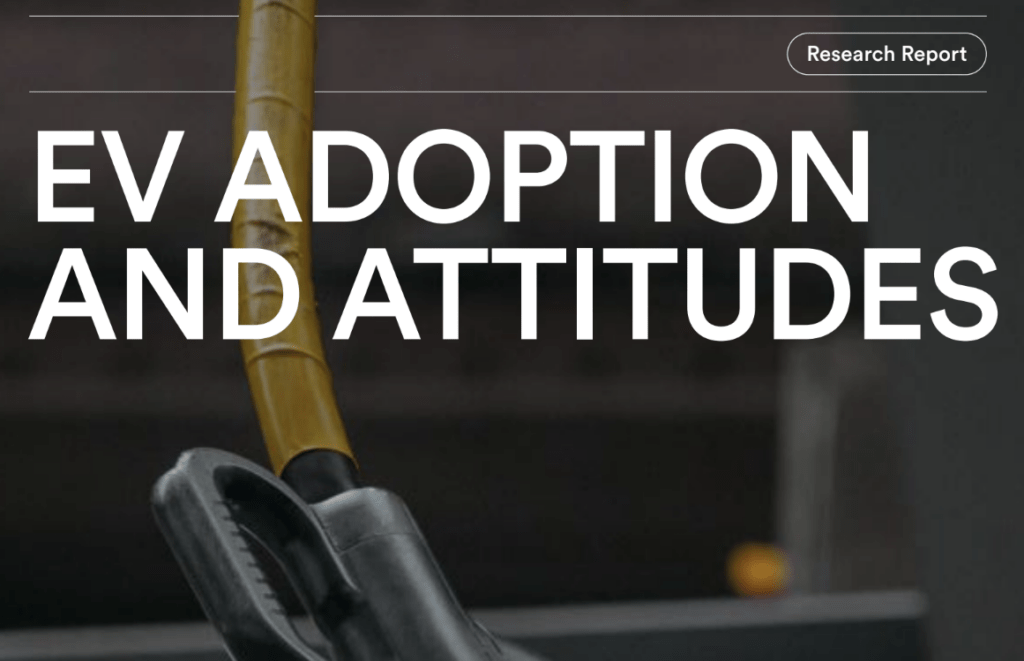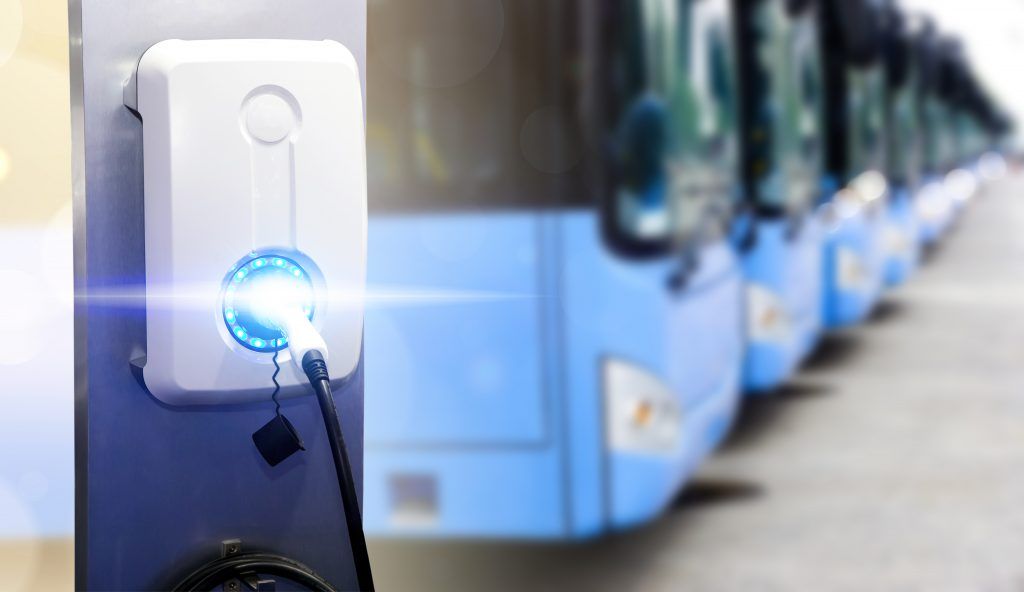Building materials and construction solutions provider Tarmac has published its annual sustainability report for 2023, including work on low carbon roadbuilding.
The report records the progress made against the ambitions set out in Tarmac’s Act sustainability strategy in 2022 and its three central themes of People, Planet, and Solutions.
Aligned to Tarmac’s commercial strategy and corporate purpose, the three key themes continue to remain central to its business operations and customers.
It reported that in partnership with Hartlepool Borough Council and Stockton-on-Tees Borough Council, the company had delivered one of the lowest carbon roads ever to be resurfaced in the UK, providing a reduction in carbon emissions of up to 80% compared to traditional methods.
At the close of the year, the business achieved a 32% reduction in CO2 per tonne of product, compared to a 1990 baseline. In total, Tarmac had also used over 980,000 tonnes of recycled asphalt planings (RAP) last year. The business planted more than 31,000 trees, which is 12,000 more trees planted than achieved in the previous year.
Tarmac also trialled one of the UK’s first all-electric ready-mix concrete mixer, which is now in full operation. It is expected to save 42 tonnes of CO2 annually, with zero emissions per mile compared to 1.55kg of CO2 per mile for its fossil fuel equivalent.
The business also launched its roadmap to net zero in 2023 and formally signed up to parent company CRH’s commitment to reduce CO₂emissions by 30% by 2030 (against a 2021 baseline).
Emma Hines, sustainability director at Tarmac said:
“It’s vital that we continue to operate and grow in a sustainable and responsible way. As a business we are fully committed to ensuring sustainability remains central to everything we do. We equally recognise our responsibility for working collaboratively with our customers to develop solutions that help create a more sustainable built environment.
“It’s encouraging to see we are performing against our targets and CRH’s objectives, but this does not mean we will be letting up in our drive for continual improvements in sustainability standards across our business.”
Image from Shutterstock












